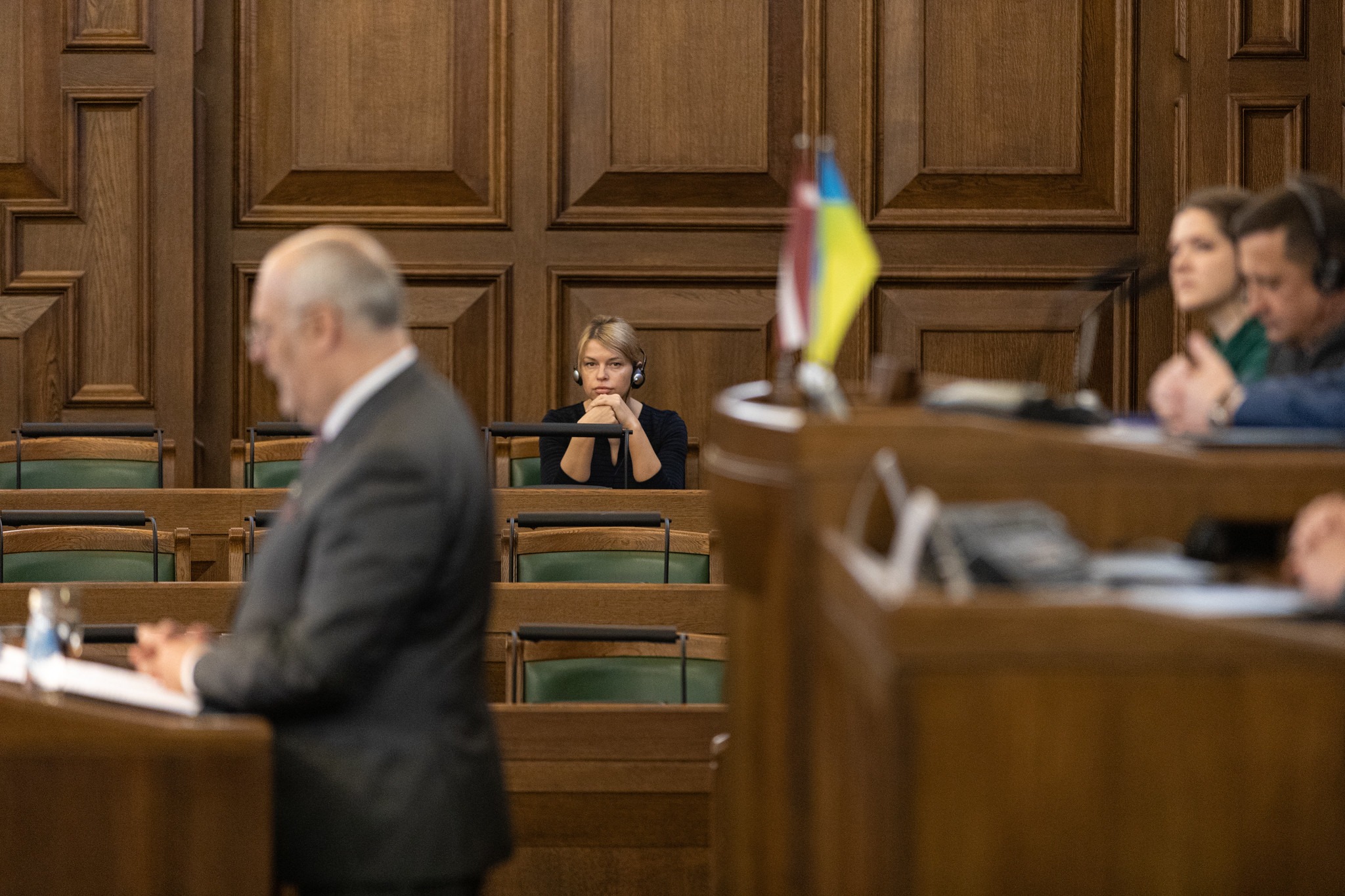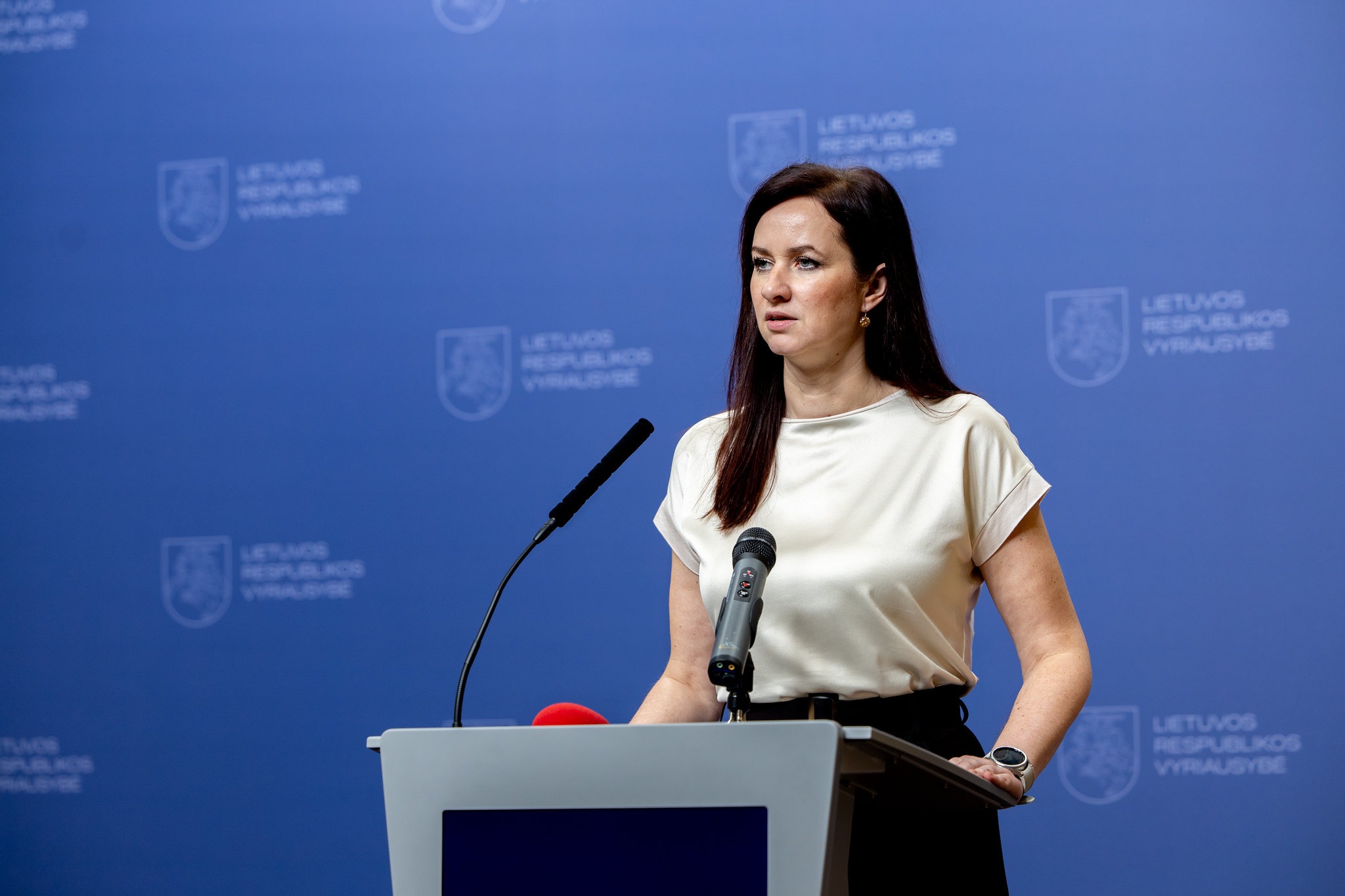
Main narratives:
- Latvians are Russophobic;
- Latvia is a failed state.
Overview:
The most popular TikTok content from Latvia’s leading populist politicians centered on three core themes: victimization, minority rights advocacy, and government overreach criticism. Glorija Grevcova, leader of The Alliance of Young Latvians, leveraged the Russophobia narrative by highlighting an anonymous comment against her, stating she “will return to Russia in a coffin.” She simultaneously positioned herself as a defender of Russian-speaking minorities by claiming nationalists allegedly want to prohibit Russian language use in schools and kindergartens, while also promoting anti-government sentiment by criticizing the government’s billion-euro loan as inherently harmful.
Her party colleague Rūdolfs Brēmanis focused on expanding political participation by advocating for non-citizen voting rights in Latvia, framing this as a democratic principle rather than addressing the complex historical and legal reasons behind current citizenship requirements. Meanwhile, Aleksejs Rosļikovs from the Stability party employed classic populist tactics by dramatically exaggerating new travel restrictions for critical infrastructure workers to Russia and Ukraine, portraying limited professional restrictions as sweeping travel bans affecting ordinary citizens.
These narratives collectively construct a framework where populist politicians present themselves as protectors of marginalized groups and victims of establishment persecution, while characterizing reasonable government policies as authoritarian overreach. The content succeeds on TikTok by combining personal drama, minority advocacy, and anti-establishment messaging to create emotionally engaging content that resonates with viewers feeling disconnected from mainstream politics.









